Photo credits: J.A. Wales
Cadet Johnson Whittaker, one of the first Black students at the United States Military Academy at West Point, was viciously attacked by white cadets while sleeping in his dormitories on April 5, 1880. Cadet Whittaker was assaulted by three white cadets who sliced his head and ears, torched his Bible, threatened his life, and then left him bound to the bed and bleeding severely.
Cadet Whittaker was born enslaved in South Carolina in 1858 and gained a Congressional invitation to the United States Military Academy in 1876. Cadet Whittaker was the sole Black cadet at West Point for most of his tenure there, and he faced social marginalization and racial terrorism from both white cadets and teachers. Between 1870 and 1890, there were twenty-three Black cadets at West Point, but only three graduated owing to the harsh prejudice they suffered. Cadet Whittaker subsequently testified in court that he had “read and heard about the treatment that [Black] cadets faced there, and anticipated to be shunned.”
Cadet Whittaker reported being assaulted to West Point superiors, who began an inquiry investigating him but decided not to hold his white assailants responsible. Instead, administrators said that Cadet Whittaker faked the incident to avoid his final examinations, and a West Point court of inquiry found him guilty of that allegation in May. While detained, he was forced to complete his final examinations and endure court-martial trials in New York City, where the army prosecutor constantly referred to Black people as an “inferior race” who “feign and fake.”
Brigadier General N.A. Miles confirmed Cadet Whittaker’s conviction in January 1881 and ordered him ejected from West Point, dishonorably dismissed from the military, and imprisoned indefinitely. Cadet Whittaker’s case was eventually sent to President Chester A. Arthur for approval, and a year later, President Arthur issued an executive order reversing the conviction based on the discovery that military prosecutors had used unlawfully admitted evidence. Cadet Whittaker had been detained for over two years when President Arthur intervened; even after his conviction was reversed, West Point confirmed Cadet Whittaker’s expulsion, saying he had failed an exam.
Johnson Whittaker went on to work in a variety of areas and establish a family, which included multiple generations of military service in the United States. Mr. Whittaker’s heirs accepted the commission he would have gotten upon graduation from West Point in 1995, more than 60 years after his death.
“We cannot reverse history,” President Bill Clinton said during the event. But tonight, at long last, we can honor a great American and recognize a grave injustice.”





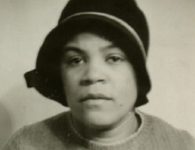


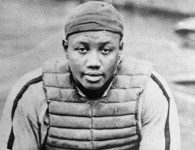

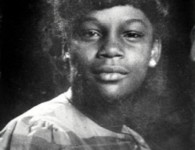

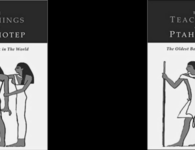
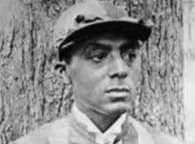

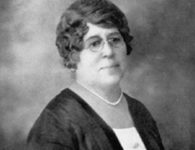




No comments